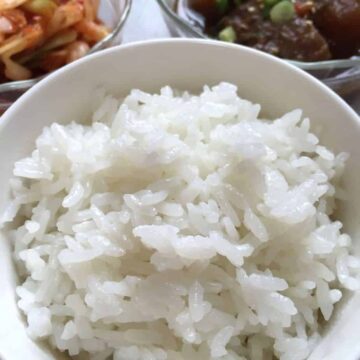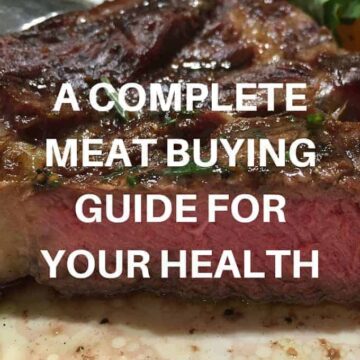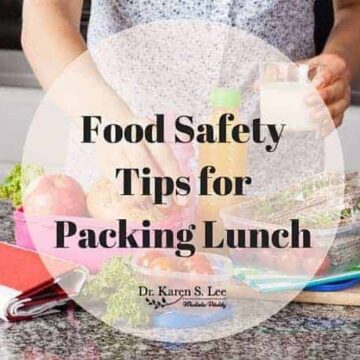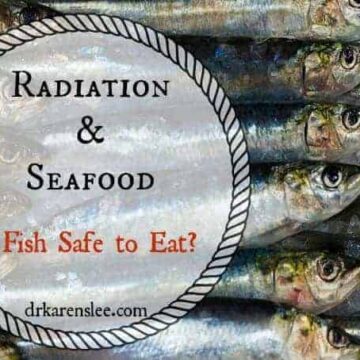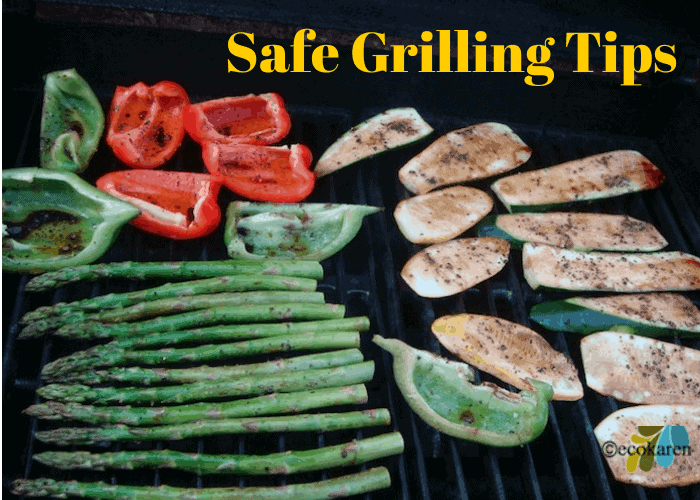
Charcoal and wood burning produce hydrocarbons and soot particles that can aggravate lung problems.
Sounds pretty obvious, right? But I like grilling as much as my next door neighbor. And my BBQ grill was a life saver during power outages in the past. My outdoor grill is on perpetual stand-by, even during the winter for emergencies. And truth be told, I like grilling outside during the summer when the heat inside the house is unbearable to cook. And yes, we should not grill if we want to avoid air pollution. But if you must barbecue, here are some facts you should be aware of before you light up that grill to minimize damage to your health and the environment.
- Charcoal briquettes made partly from sawdust but popular brands may also contain coal dust, starch, sodium nitrate, limestone, lighter fluid, paraffin, petroleum solvents and borax. Charcoal briquettes can product 105 times more carbon monoxide than propane. And in addition to carbon monoxide, burning charcoal also emit carbon dioxide, methane, nitrous oxide, ozone, and Chlorofluorocarbons which all cause global warming.
- Besides the fact that lump charcoal is made from wood, contributing to deforestation, the burning of lump charcoal contributes to the greenhouse gases, causing global warming.
- Grilling meats produces Polycyclic Aromatic Hydrocarbons (PAH) and Heterocyclic Amines (HCA). When charcoal grilling meats, PAH form when fat from meat drips onto the charcoal, then, they rise with the smoke and can get deposited on the food. They can also form directly on the food as it is charred. The hotter the temperature and the longer the meat cooks, the more HCAs are formed. PAH and HCA have been found to cause cancer. The recent study found PAH as one of 17 chemicals that causes breast cancer.
So what precautions do I take before grilling? Read on.
Safe Grilling Tips for Your Health and the Environment
- If you have to barbecue, reduce grilling time and food waste by making the proper amount of food.
- Take one step further and prepare the food in the oven before grilling to cut the grilling time even more.
- If you are determined to use charcoal, use natural charcoal brands like Greenlink and Lazzari, both of which can be found at natural food stores or online.
- Consider cooking mostly vegetables since it takes shorter time to grill.
- To reduce HCA production from high heat contact to fat on meats, marinade the meat before grilling. I always marinade my meats for at least an hour before grilling.
- Cut off the air supply to the charcoal immediately after use, so you can reuse it.
- Use propane grill since propane produces fewer noxious fumes than charcoal and begins cooking immediately, unlike charcoal which can take up to half an hour before you can start cooking.
- Electric grills are more efficient than charcoal grills and have the added benefit of no actual flames.
- Solar ovens use the sun to cook. Obviously, they are best used during the hottest parts of the day. They work like a crockpot so you can place the food in the oven and forget about it. The food gets cooked while you enjoy your day!
Here are some of my favorite safe grilling tools.
Hope you'll have a safe weekend and summer with these grilling tips.

